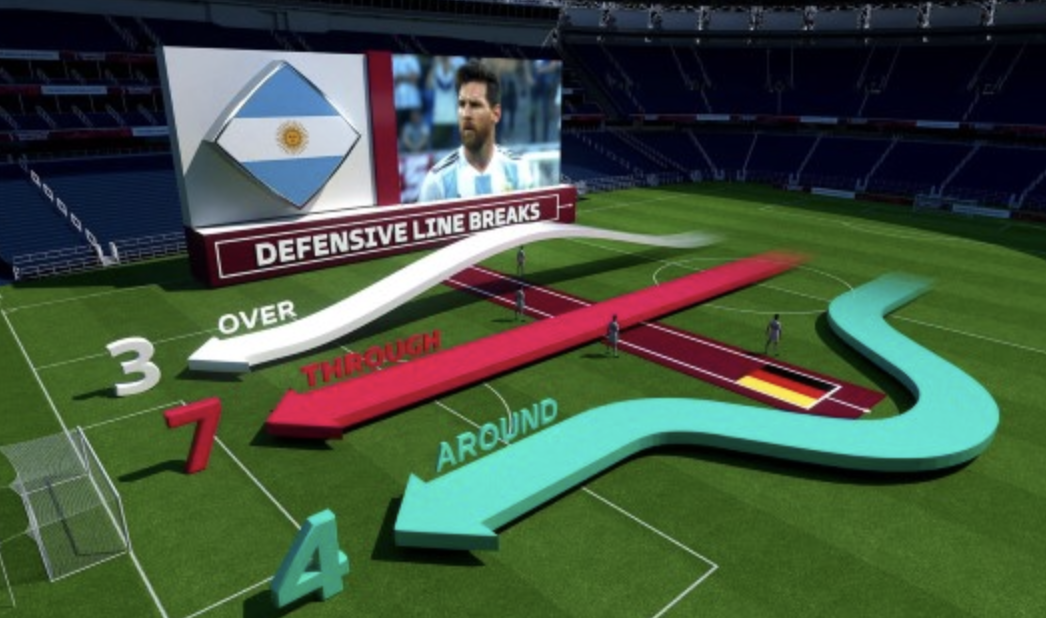November 14 – Under the auspices of FIFA’s global football development chief Arsène Wenger, the world federation will roll out a new set of insights, metrics and performance data to enhance the experience of the World Cup’s global audience.
The ‘enhanced football intelligence service’ will offer enriched content for broadcast audiences and, according to FIFA, enhance their understanding of the game. The service is essentially aimed at improving media coverage of World Cup matches.
“We would like to share our vision of using football data analytics combined with technical expert interpretation to create a new football intelligence, allowing everyone to better understand the game,” said Wenger.
“Enhanced football intelligence will be our blueprint for how we analyse football in the future. When we discover new insights, we want to share them with the world of football. With our online FIFA Training Centre, we have a fantastic vehicle to do so. My team will continue to provide new and insightful football analysis content to help share new understanding of the game combined with performance data, video examples and technical explanations.”
FIFA will introduce 11 new metrics for the Qatar finals: Possession control, ball recovery time, line breaks, defensive line height and team length, final third entries, forced turnovers, pressure on the ball, expected goals, team shape, receptions behind midfield and defensive lines, and phases of play.
FIFA said that “every match will have its own unique set of in-match and post-match enhanced football intelligence visuals presented as augmented reality and traditional graphics. These new statistics break down each area of the game into fine detail and provide operational definitions and multiple video examples to clearly define each action.”
Qatar and Ecuador will kick off the World Cup on 20 November. It will be the first winter finals and the first World Cup in the Arab world. The tournament will be the last in a 32-team format as the United States, Canada and Morocco will welcome 48 teams in 2026.
Contact the writer of this story at moc.l1744396388labto1744396388ofdlr1744396388owedi1744396388sni@i1744396388tnuk.1744396388ardni1744396388mas1744396388

